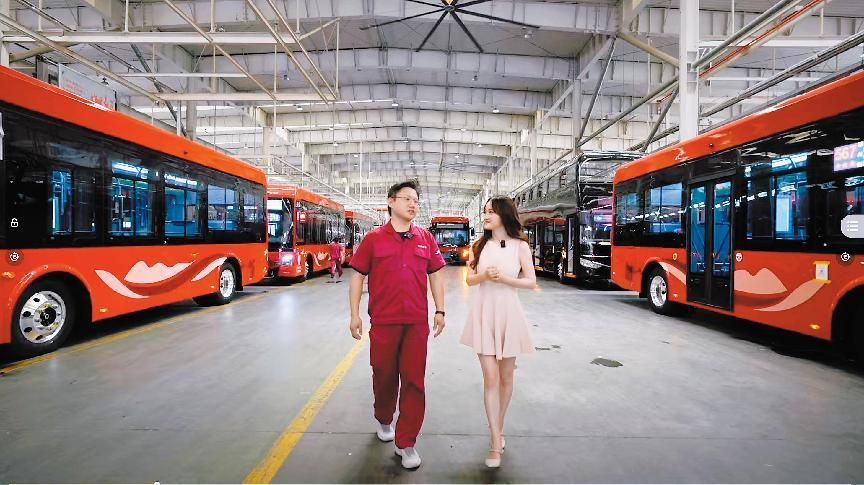
A technical staff member (left) from Ankai introduces the company's electric models at its factory in Hefei, Anhui province, in July. (PHOTO/CHINA DAILY)
"We've had nearly 200 vehicles from Ankai that make up a large proportion of our operational fleet globally. These vehicles (EVs) are another part of adding to what we have. And it's another part of our long-term friendship," Price said. "We rely on very, very good suppliers and Ankai is one of the strongest that we have."
Ankai's buses are already a familiar sight in over 100 countries and regions, with over 10,000 buses in Saudi Arabia alone.
China has set ambitious targets for the expansion of electric buses and public transportation. It aims to increase the share of EVs in the public transportation system to 80 percent in key areas, including bus and taxi services, by 2025.
According to a pilot plan of the Ministry of Industry and Information Technology and seven other ministries, China will speed up the full electrification of vehicles used in public transportation between 2023 and 2025, and the building of a charging and swapping infrastructure system that is "moderately advanced, well-balanced, intelligent and efficient".
China's exports have seen a marked shift, with the "old three" — household appliances, furniture and clothing — giving way to the high-tech "new three" — EVs, lithium-ion batteries and solar cells, economist Yu Xiangrong said in a research note by Citigroup.
"The shifting export drivers demonstrate progress in China's industrial upgrading. China has clearly risen up the value chain and remains competitive amid a reconfiguration of the global supply chain," said Yu, who led the research team.
"This ability to manufacture a range of products from low-value consumer goods to high-tech innovative products provides resilience for China's exports, and continuing upgrades to manufacturing capabilities, R&D investment and emphasis on cost controls should help sustain its competitiveness in trade."
As the country accelerates its steps to promote green transformation amid a booming NEV sector, Chinese electric buses are zooming into the global market.
Yutong Bus Co, the largest e-bus manufacturer in the country, appears to be a surprise winner in the competitive EV market, thanks to its growth momentum in both the domestic and overseas markets.
Its stock price has more than doubled this year, making it the biggest gainer on the MSCI China Index. The most bullish analyst sees it rising another 15 percent within the next year.
Ma Jiabo, regional manager of the Europe division of Yutong Bus, said the company has pioneered the development of battery electric buses since 1997 and had sold over 180,000 such vehicles worldwide till the end of last year. This has not only advanced transport solutions, but also contributed significantly to economic and social welfare.
The company sold 36,518 units in 2023 alone, up 20.93 percent from the previous year.
In terms of global expansion, Yutong delivered 800 buses to Uzbekistan, 214 electric buses to Chile, 250 electric buses to Greece, and 126 new energy buses to Denmark.
In Kazakhstan, the Yutong E12 electric bus, which has been in operation for three years and has traveled more than 200,000 kilometers, is still able to travel an extreme range of 320 km from fully charged to zero, with virtually no degradation in range.
The cumulative mileage of the EVs it has sold has exceeded 37.8 billion kilometers, which reduces carbon emissions equivalent to planting 120,000 hectares of forest, highlighting Yutong's significant contribution to the global fight against climate change.
Wei Wei, an assistant professor at the Hong Kong University of Science and Technology (Guangzhou), said that EVs have been playing a key role in ensuring energy security and achieving the country's dual-carbon goals.
"China's NEV industry has been continuously offering affordable, high-quality capacity, which will make a significant contribution to global green development," she said.
"China has really been at the forefront of success in conversion of all vehicles to electric vehicles, especially buses," said Heather Thompson, CEO of the Institute for Transportation and Development Policy, a nonprofit organization focusing on sustainable transport solutions, in an interview with the BBC.










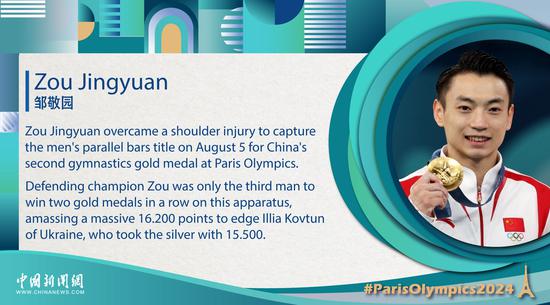



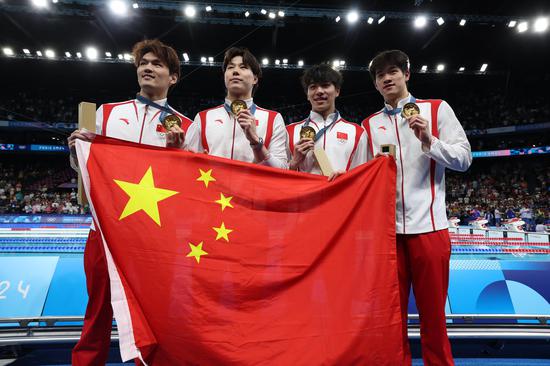
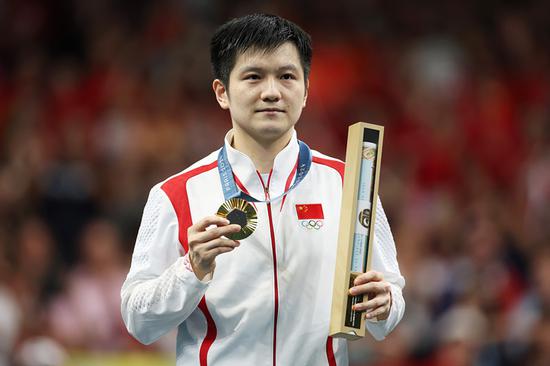


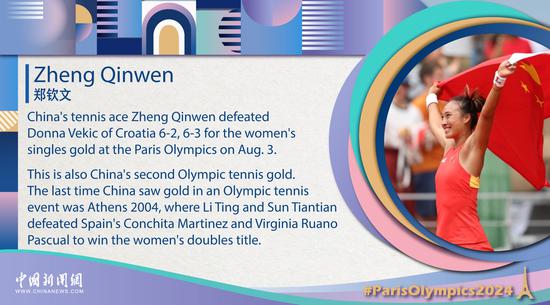
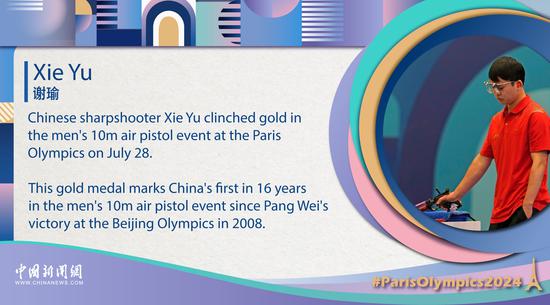




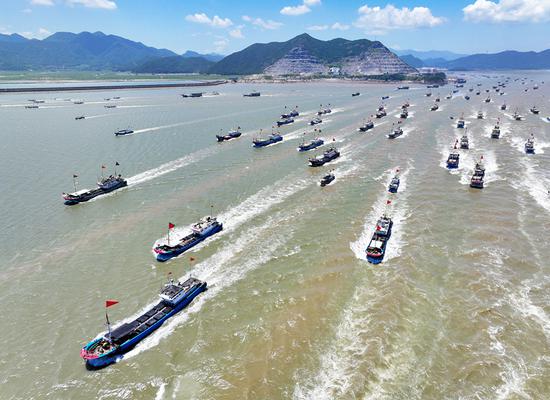
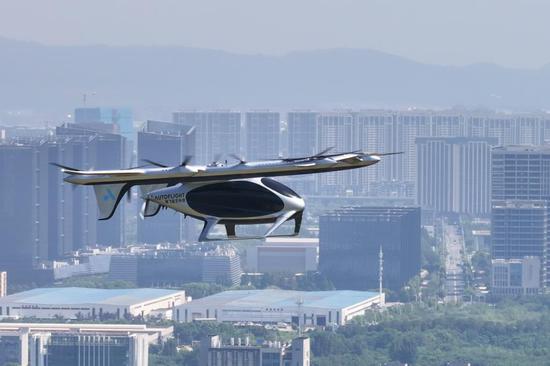
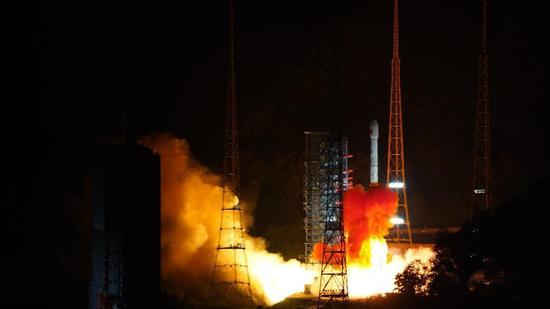







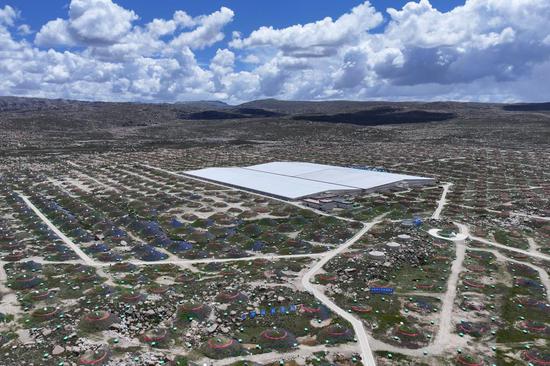
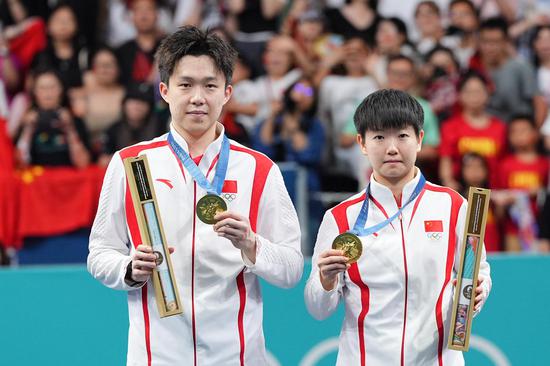





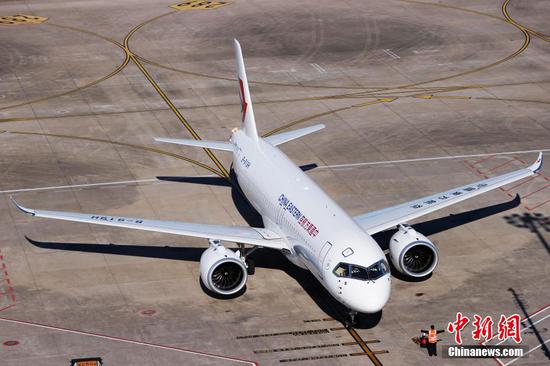



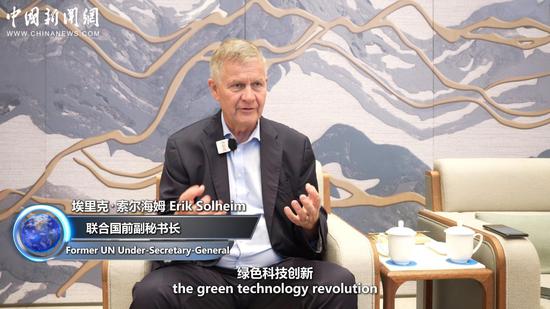

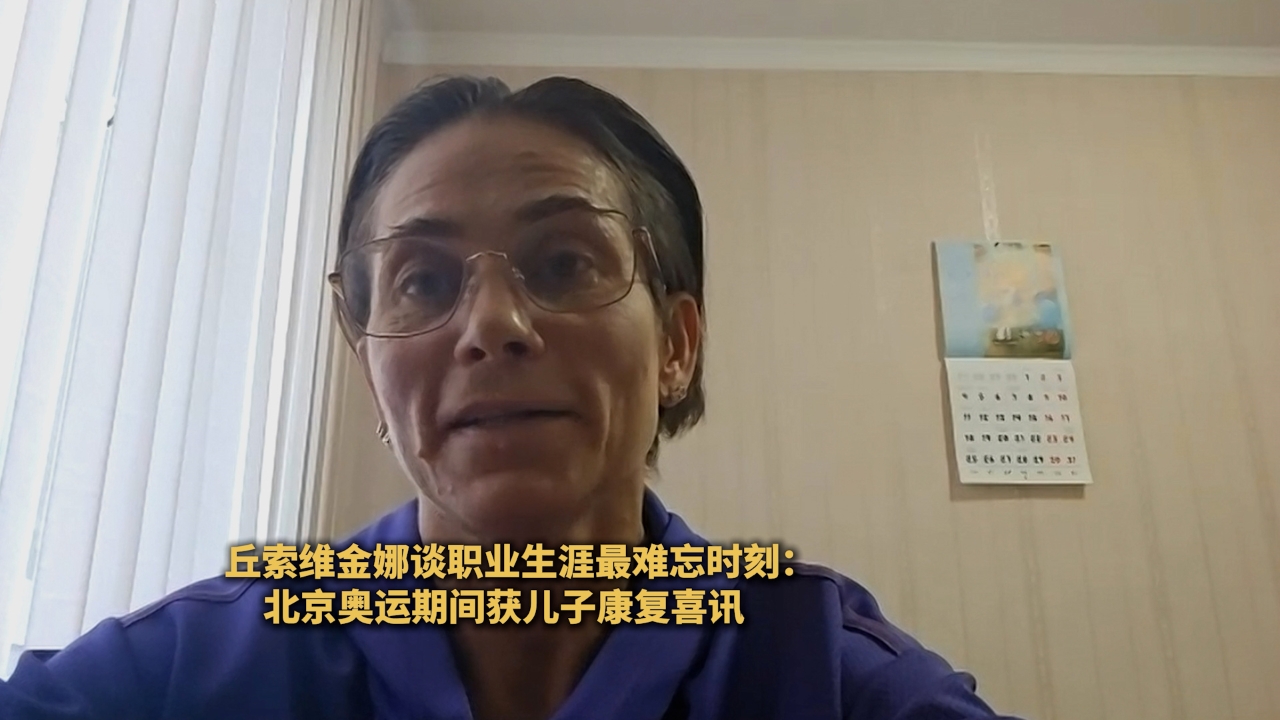

 京公网安备 11010202009201号
京公网安备 11010202009201号